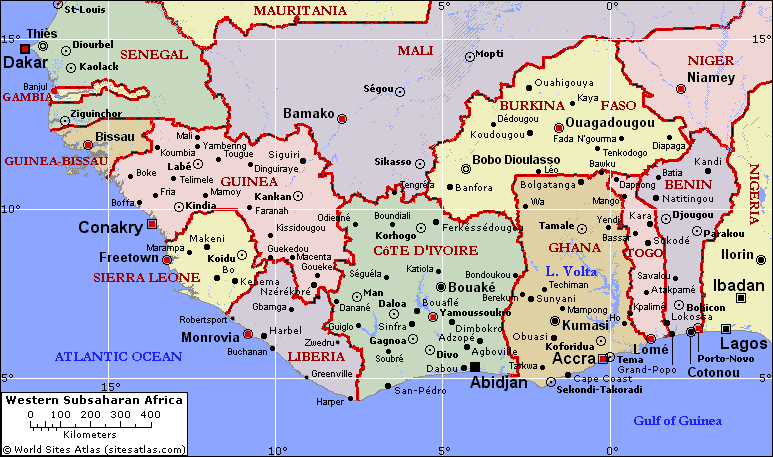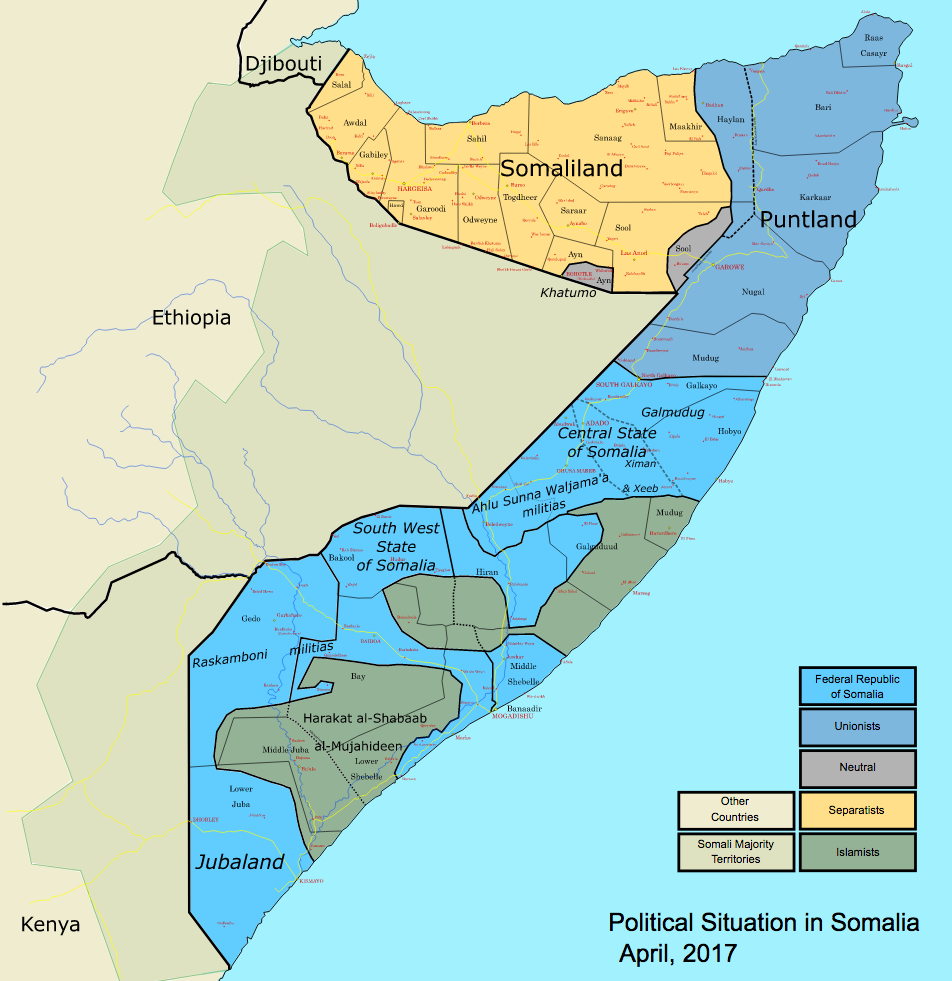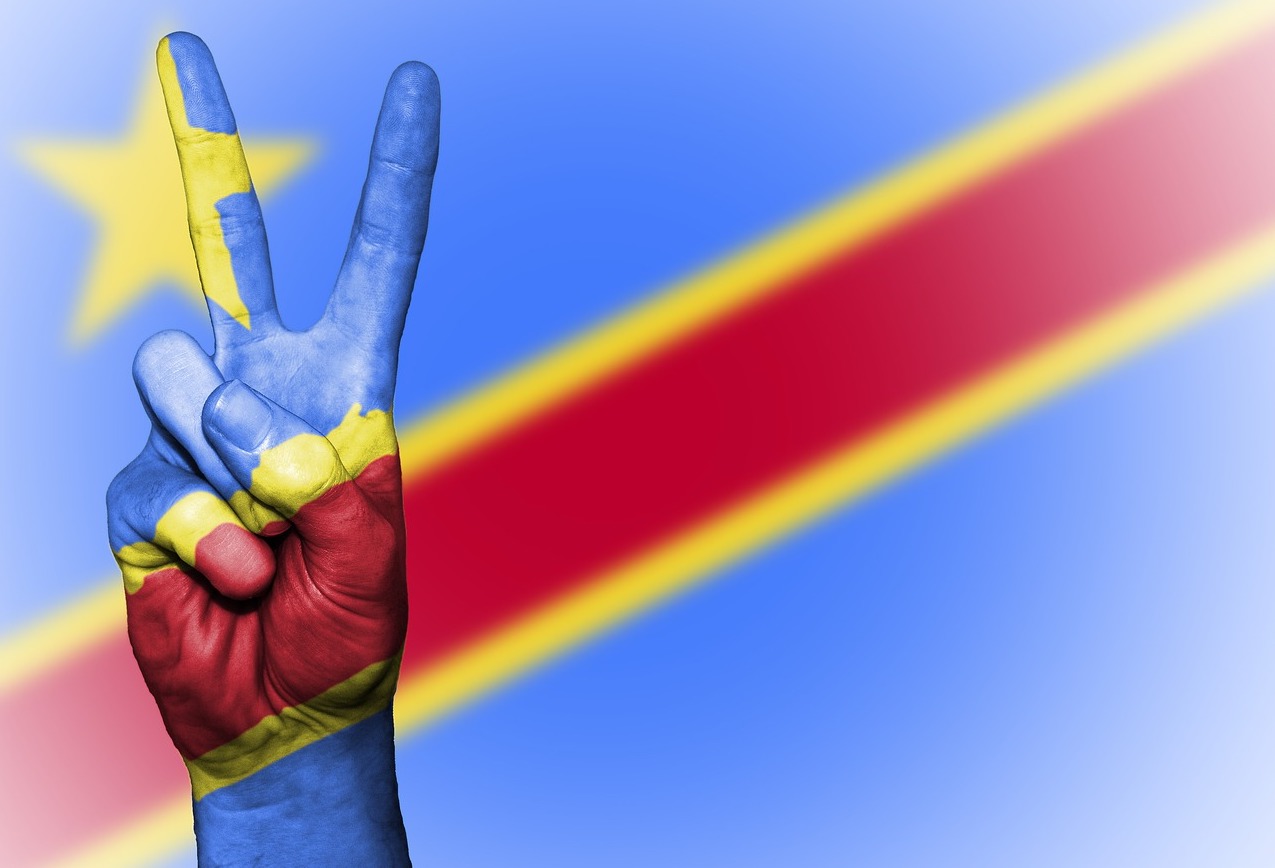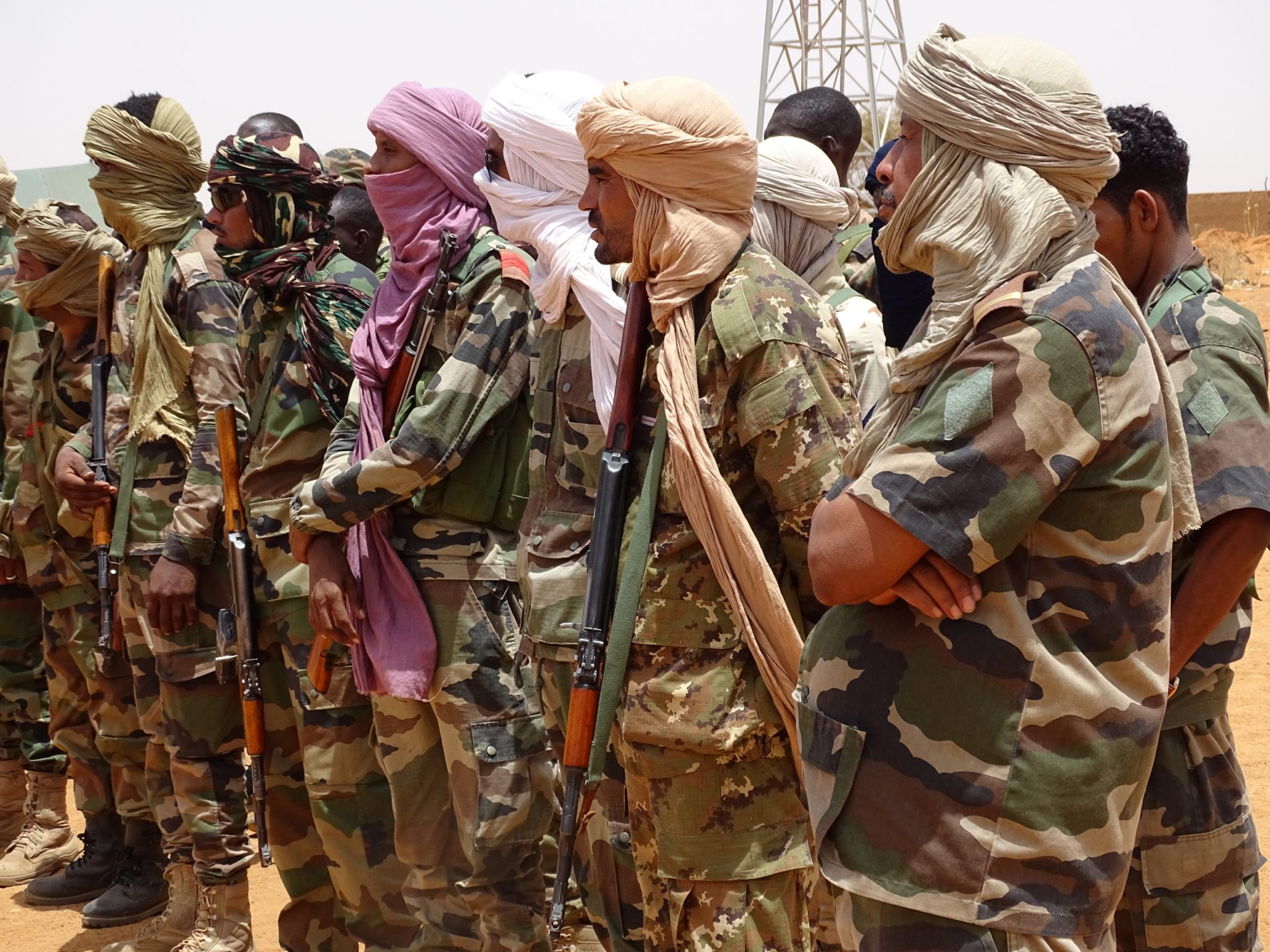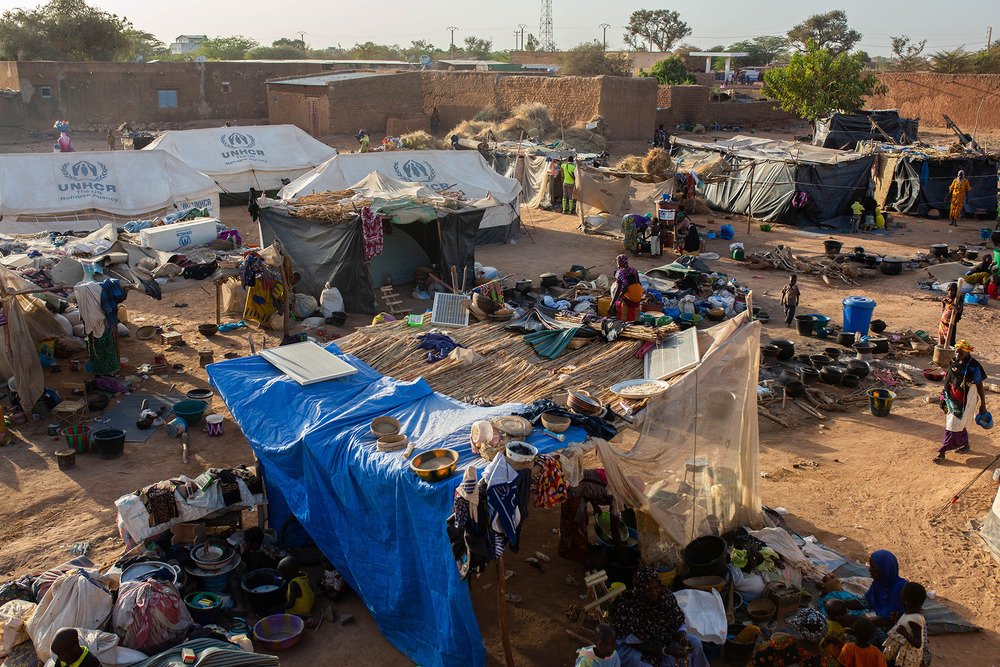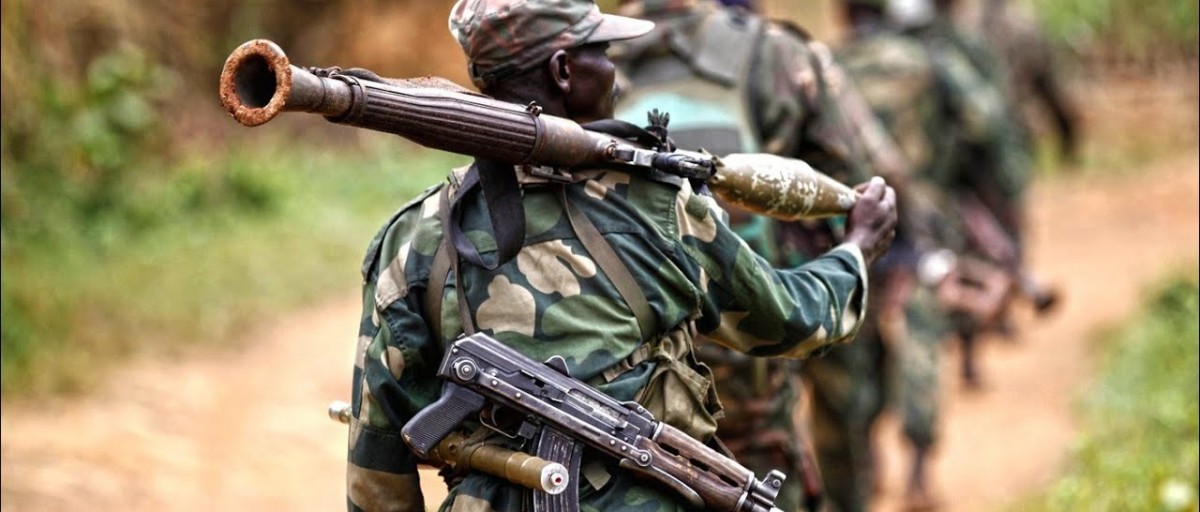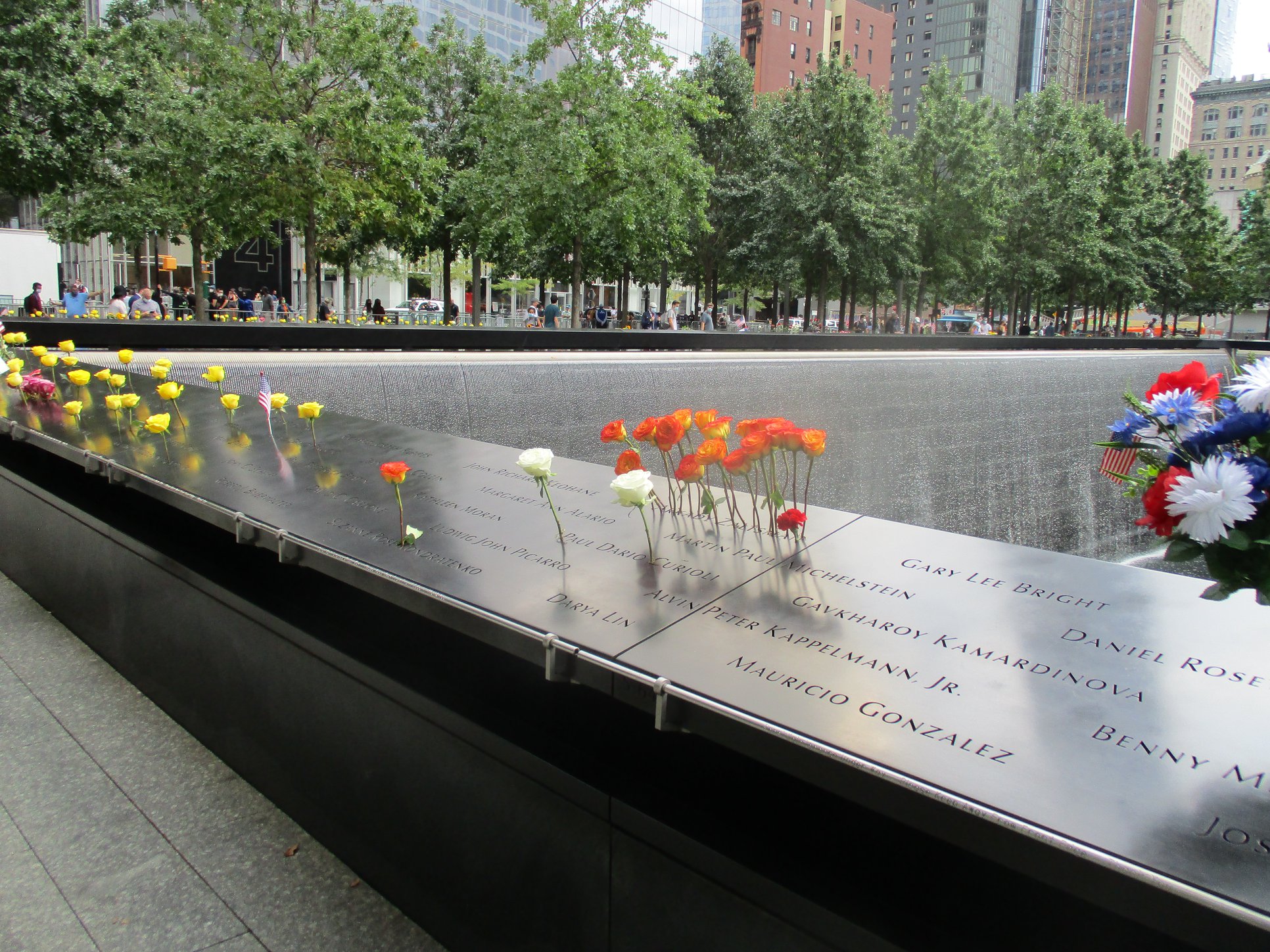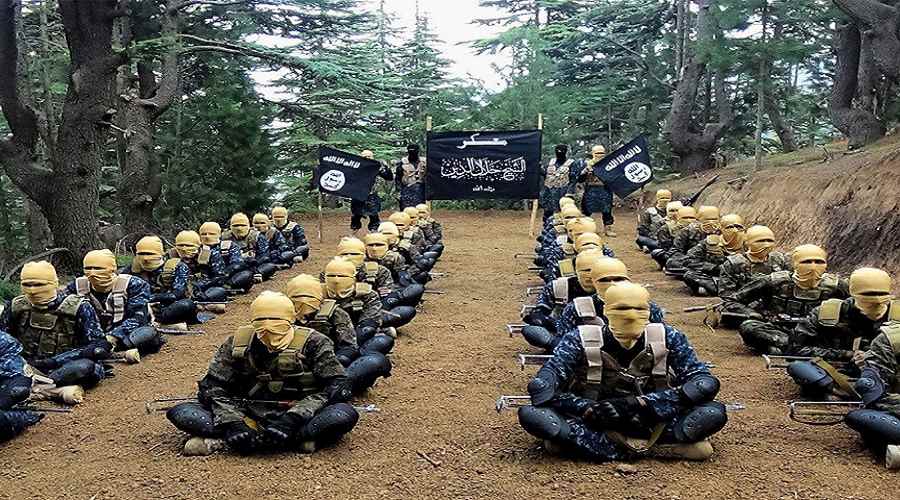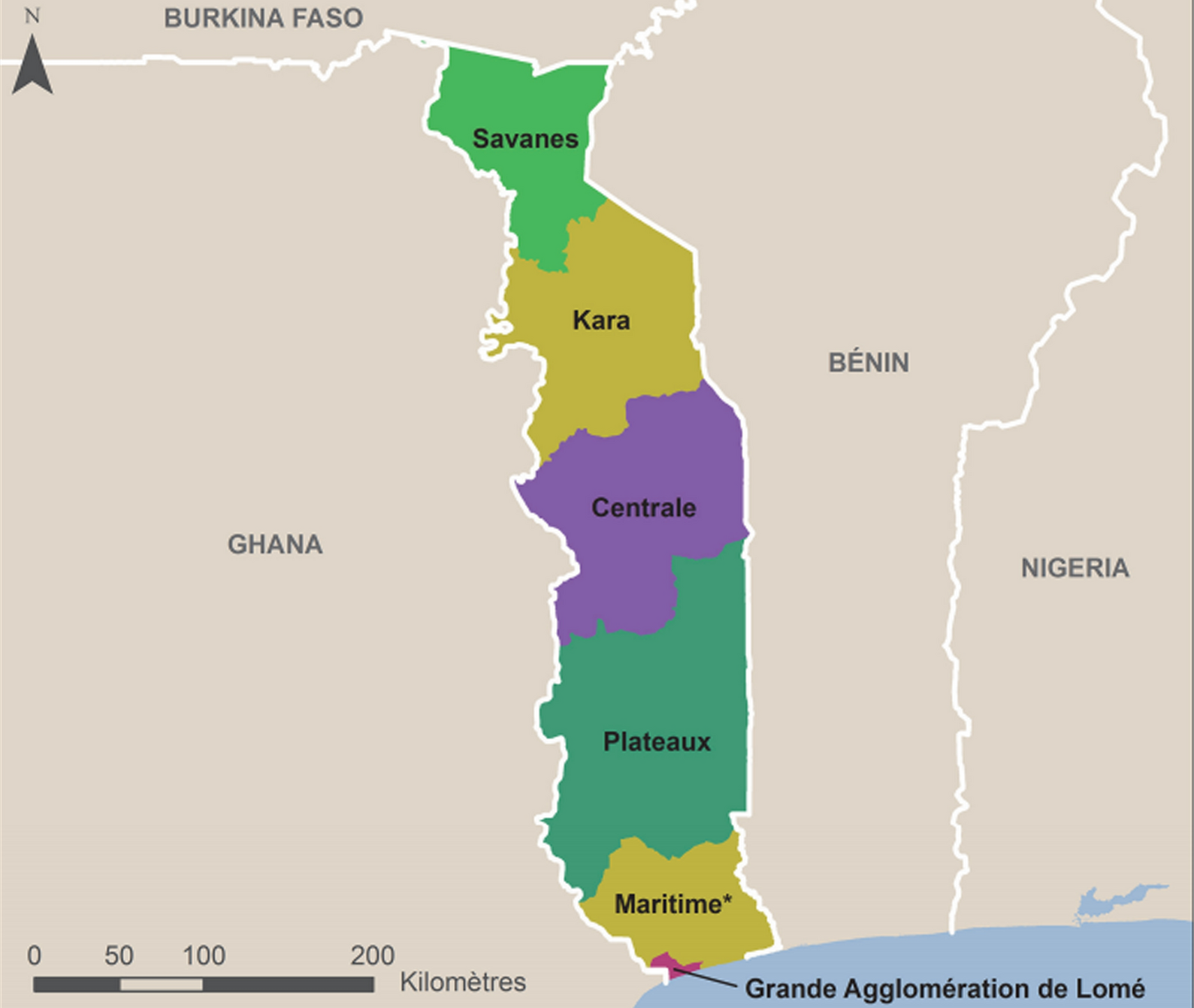
Qaeda franchise claims deadly assault in Togo
The Group for Support of Islam & Muslims (JNIM by its Arabic rendering), al-Qaeda’s West African franchise, claimed credit for an assault on Togolese forces that left at least 17 soldiers dead near the border with Burkina Faso. Togolese media reported that fighters in large columns of vehicles mounted with heavy machine-guns raided a military outpost at Tiwoli village, in northern Savanes region. This is the second such claim of responsibility for an attack within Togo by JNIM in the last two weeks, and the third this year. The attacks are raising fears of insurgency spreading from conflict-torn Burkina Faso into West Africa’s littoral states. (Map: Togo Department of Health)



